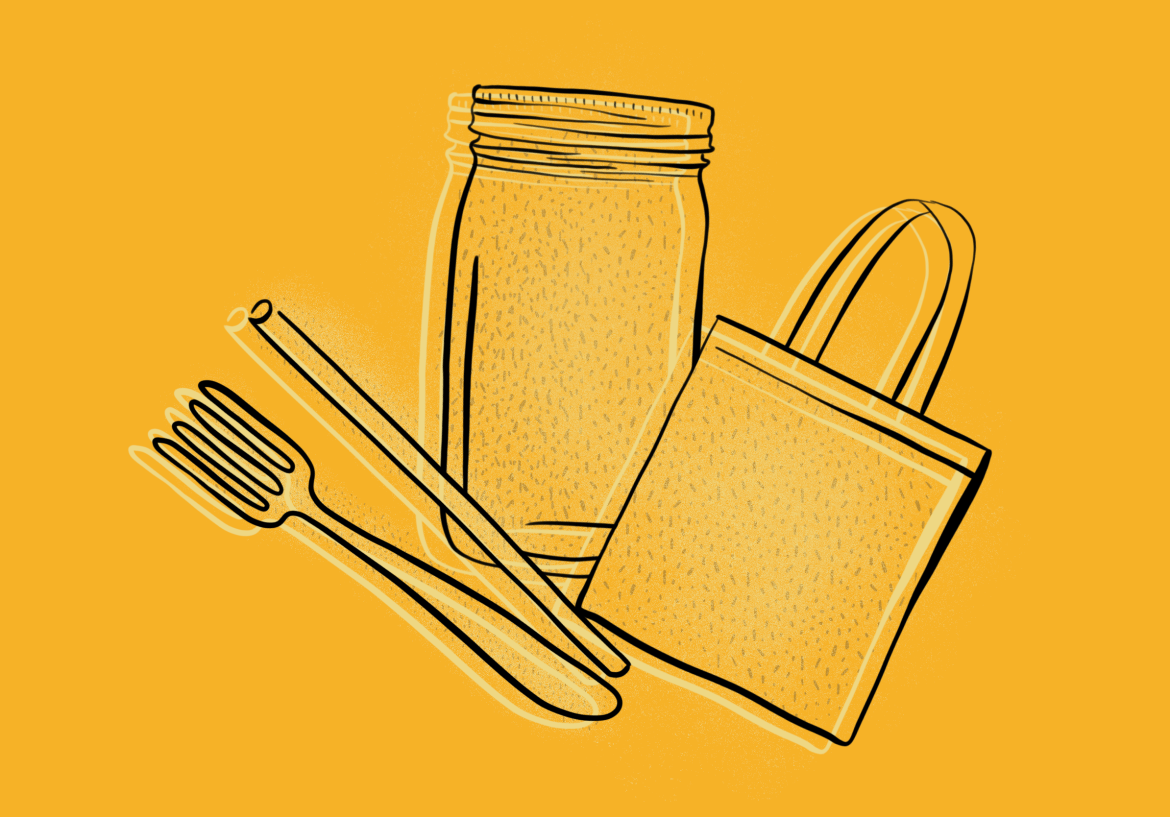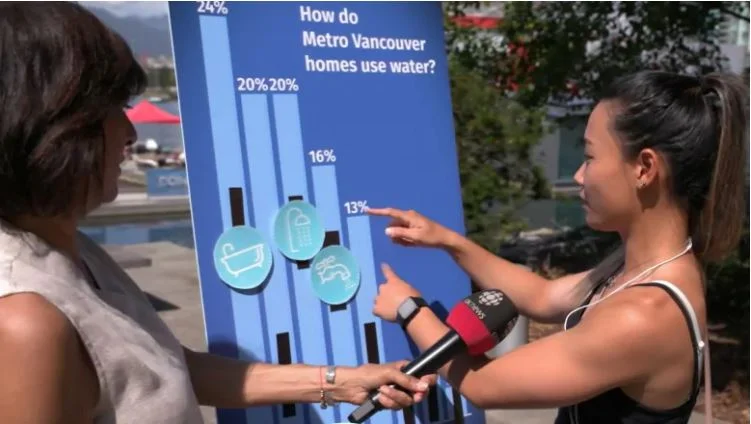The state Court of Appeals on Monday found that members of the Swartzentruber Amish community in southeastern Minnesota don’t need to install septic systems to dispose of “gray water,” which is dirty water left from dishwashing, laundry, bathing, and other tasks not involving toilet waste. Two years ago, the U.S. Supreme Court reversed court rulings that had required the group to install septic tanks.
Houston issues boil water notice after treatment plant power outage
Houston schools were closed and some elective surgeries delayed on Monday after a city water treatment plant temporarily lost power and residents were urged to boil water through at least Tuesday. Houston Mayor Sylvester Turner said he expects to hear from the state environmental agency by late Monday or early Tuesday morning on if the boil water notice can be rescinded.
In their own words: Our favourite quotations from 2021
“You can imagine how terrible it is for me. I was out there, trusting the science, telling people that they should be drinking the water. I was drinking the water, my kids were drinking the water, you know, we’re bathing in it.”— Iqaluit Mayor Kenny Bell on initially telling residents that the city’s tap water was safe, when it was later found to be contaminated with fuel
Trudeau, Canada, fail to understand depth of First Nations fresh water problems
When the prime minister addressed on-reserve water advisories in last week’s English leaders’ debate, he made it sound like the water issue was well in hand. The casual way that Canadians all the way up to and including the prime minister talk about First Nations water issues shows that the country still does not get it. Even in the unlikely event that all water advisories are lifted, First Nations people will still be struggling to access this necessity of life.
How-to reduce your water use
How much water does the average Montrealer use every day in their home? Enough to fill two bathtubs. That’s 225 L of clean water. The province-wide average is even bigger, at 400 L per person every day, according to McGill University. How much fresh water do private industries use per year? About 10 times household use, Statistics Canada notes. Most of our household water use comes from addressing basic physical needs. 65 per cent comes from toilet flushing and bathing. The rest is accounted for in our drinking, preparing meals, and cleaning (including laundry).
Water is a human right: Advocacy group dives into water crises affecting Indigenous populations
For most people, this simple routine is so commonplace that we take it for granted. But for 38 Indigenous communities across Canada, this is not the reality. The water they need for drinking, washing and bathing must first be boiled for at least one minute until it is safe to use. “I think water should be the right of all our people, regardless of how many people are living on a certain reserve. If there is an accessible water source then they should be doing what they can to provide potable drinking water for that community,” says Warren Brown, manager of Lytton First Nation O&M Department Operation.
'We matter like all other Canadians': Tataskweyak Cree Nation calls on Ottawa to restore clean drinking water
Tataskweyak Cree Nation (TCN) is one of more than 55 First Nation communities in Canada under a long-term boil water advisory and has been for the last four years. On Thursday, the First Nation’s Chief and NDP MP Niki Ashton called on Ottawa to restore clean drinking water. TCN has said the Canadian government has failed to deliver on the promise of clean drinking water for their community. “We can no longer ignore it anymore. We have to fight for our people," said TCN Chief Doreen Spence. "We matter like all other Canadians." Spence said they are left with no choice but to bring the issue – a basic human right – to the United Nations.
First Nations communities pursue clean drinking water through the courts
This time of year, with the temperature plunging below -20 C, a snowmobile and an ice chisel are required tools for anyone in Tataskweyak Cree Nation in need of fresh water. There’s the bottled stuff, trucked into town courtesy of the federal government, but the weekly shipment of 1,500 cases is only sufficient to meet basic consumption needs. For cleaning, cooking and basic hygiene water, many residents need a supplementary source. And rather than use their tainted tap water, they follow a snowmobile trail several kilometres to Assean Lake, pails in hand.
Ontario First Nations chief hails federal funding to end five long-term drinking water advisories
The Mohawks of the Bay of Quinte First Nation is expanding its water system to deliver clean drinking water to hundreds of residents who have been grappling for more than a decade with seven drinking water advisories. The Bay of Quinte is on Lake Ontario and the First Nation is not remote or isolated. It’s just off Ontario’s Highway 401, between Toronto and Montreal. Chief R. Donald Maracle said his community has suffered from a lack of safe water since 2008, due to fecal, bacterial and algae contaminations. A regional drought made many groundwater wells go completely dry in 2017.
Ontario should stop playing 'jurisdictional ping pong' with First Nations' water crisis, says NDP MPP
The NDP MPP for the region with the longest-running boil water advisories of any First Nations in Canada is demanding the Ontario government become part of the solution. Sol Mamakwa, who represents the riding of Kiiwetinoong in northwestern Ontario, said the provincial government could do more to help alleviate the suffering of communities on long-term drinking water advisories.
Hundreds of Calgary homes may have water contaminated with lead
A Calgary mom was unnerved to find out she and her two young children may have been drinking and bathing in lead-contaminated water at their home for the past year — and hundreds of other Calgarians are in the same boat. "It's just unnerving that we've been there for a year and that we could have been drinking lead water for the last year. There's a bit of a panic," she said, adding the situation feels out of her control because the rents the house, which is in Hillhurst.
Water, water everywhere, but mostly down the drain: How Vancouver is trying to plug excessive water use
Water in Metro Vancouver might seem like a limitless resource, but it's time for that notion to go down the drain. When it comes to home water use — for drinking, bathing, toilet flushing and more — Metro Vancouver is a pretty thirsty place. Residential water use in Metro Vancouver is 270 litres per capita per day. That's less than the City of Montreal's 286 litres per capita per day, but more than Toronto's 219 per day or the 210 per day used by residents of Calgary. So how do the thirsty residents of Metro Vancouver use all that wet stuff?













